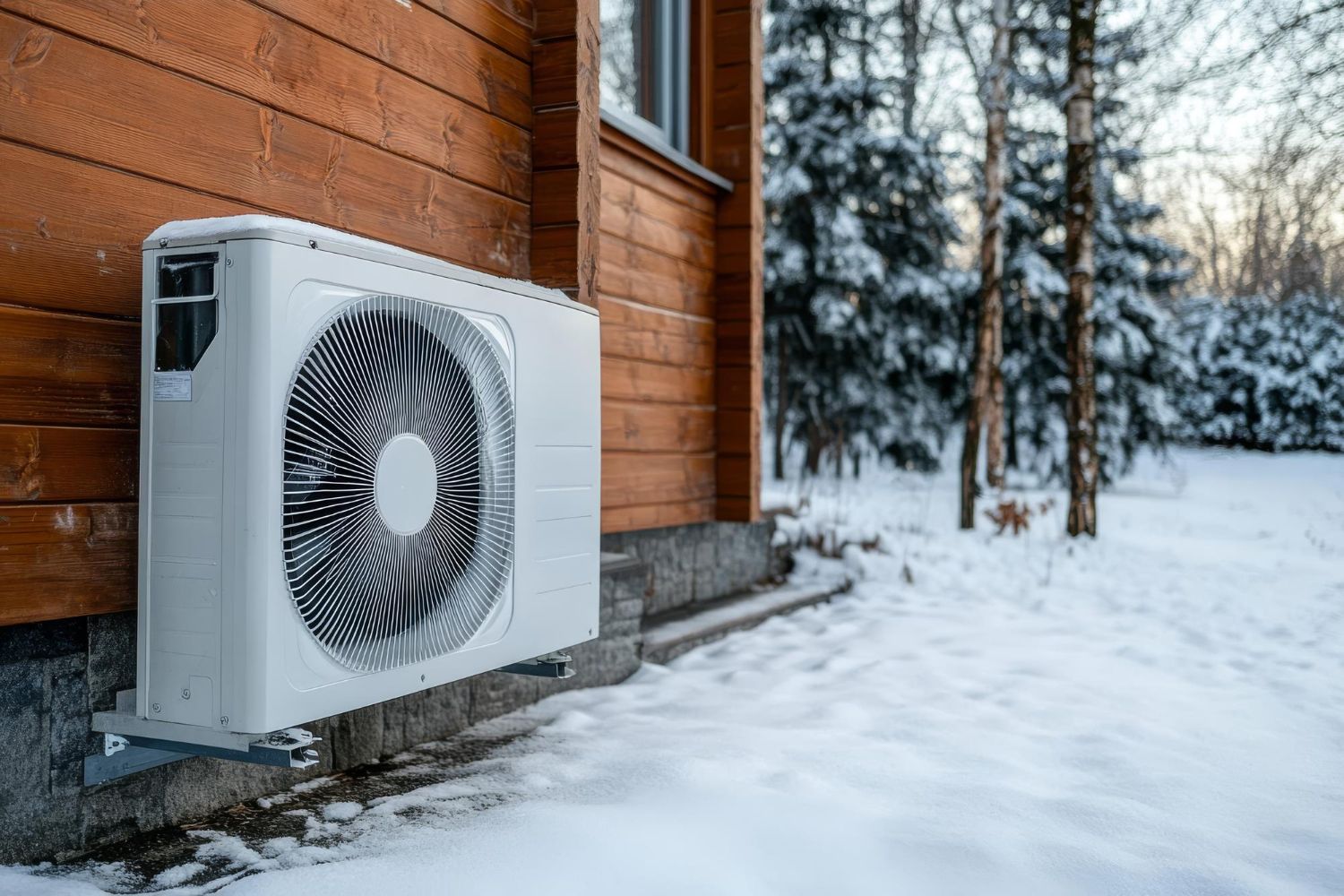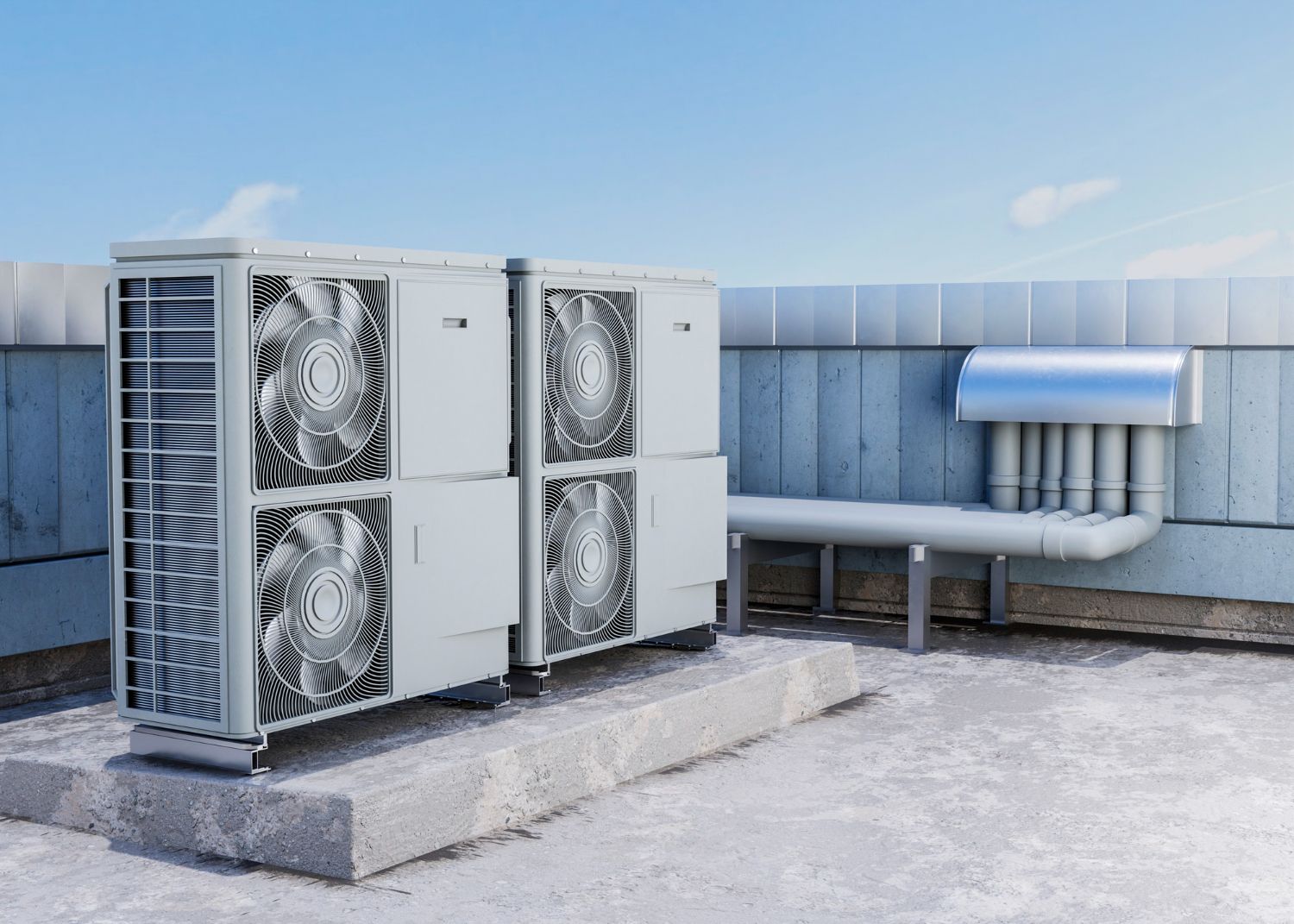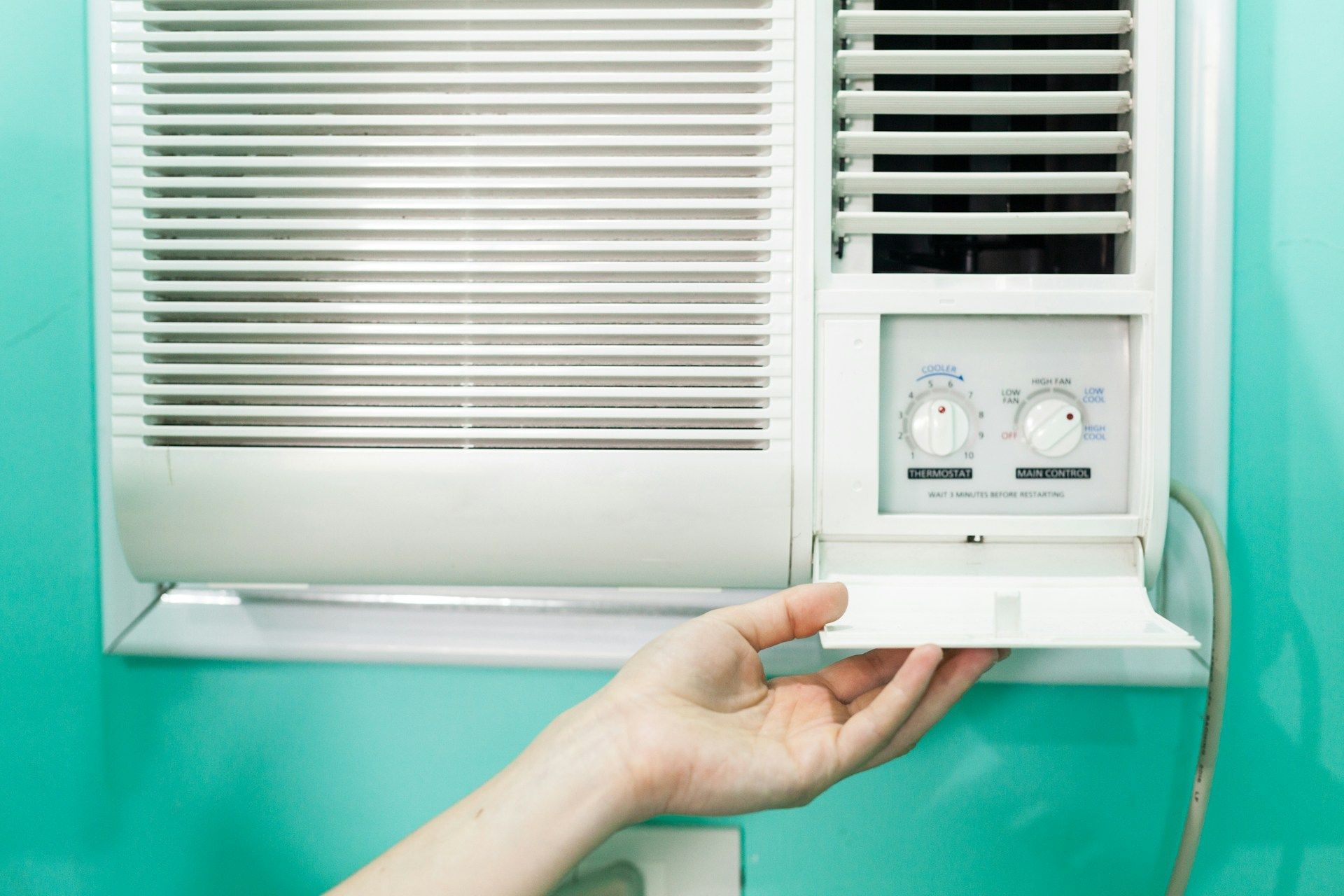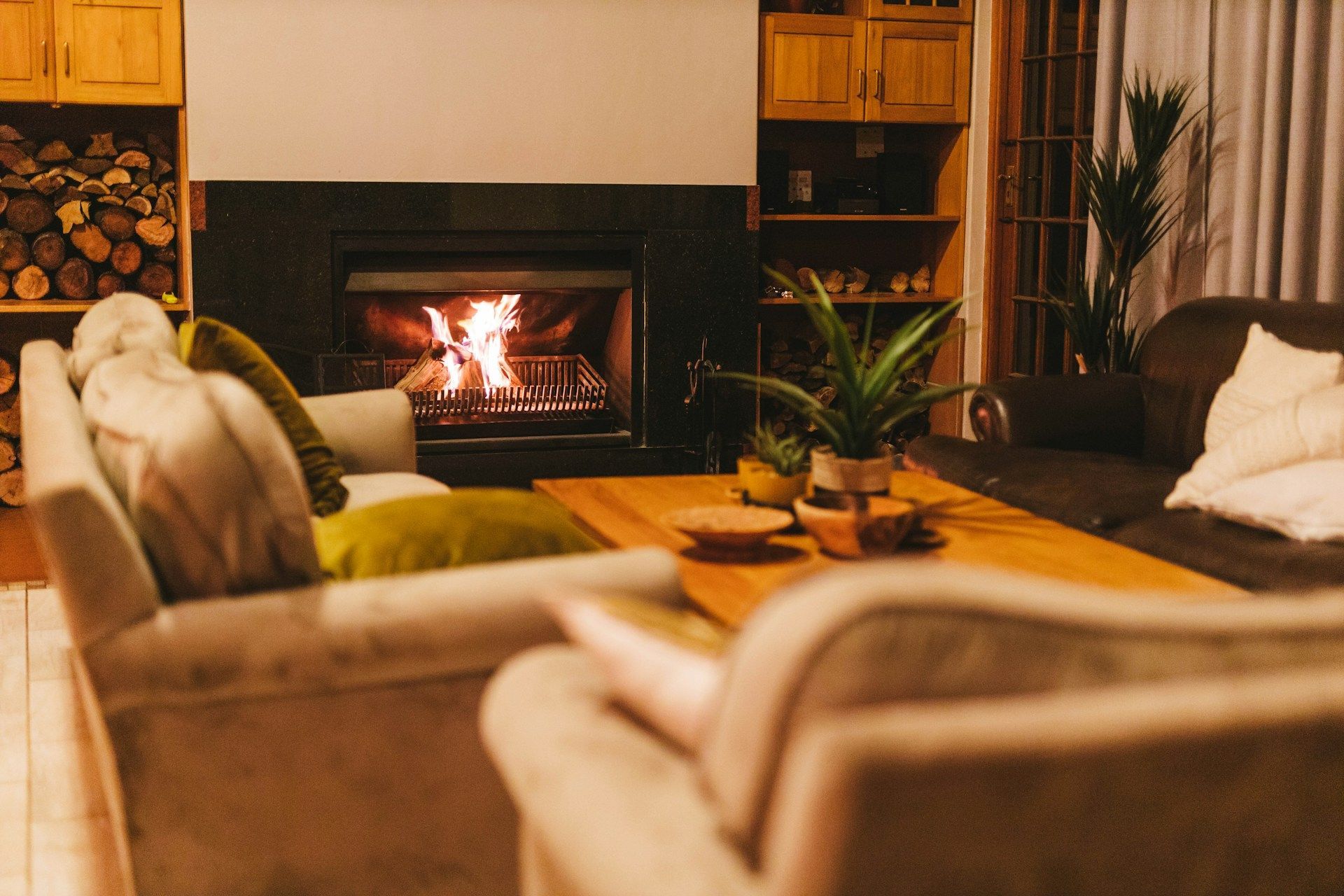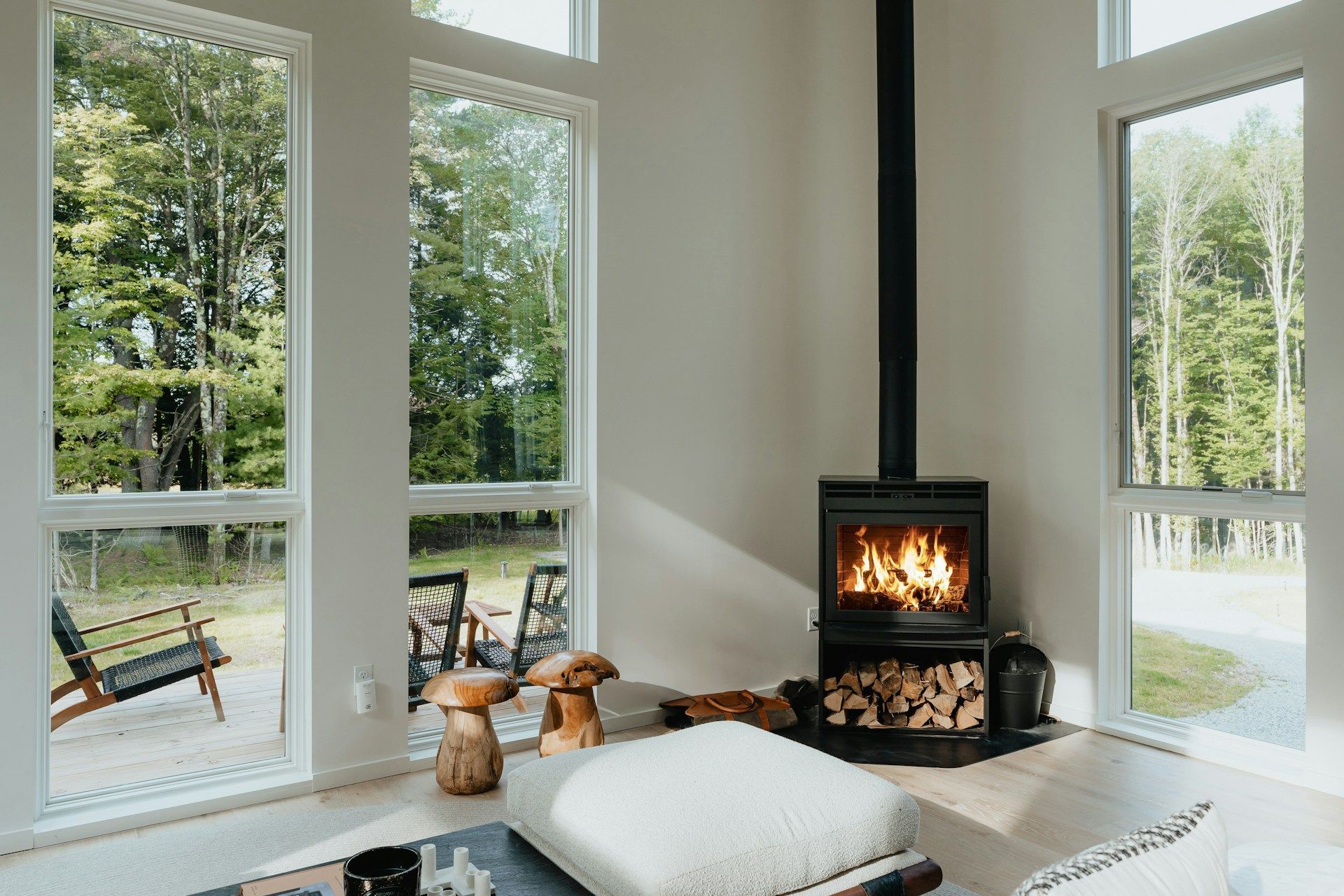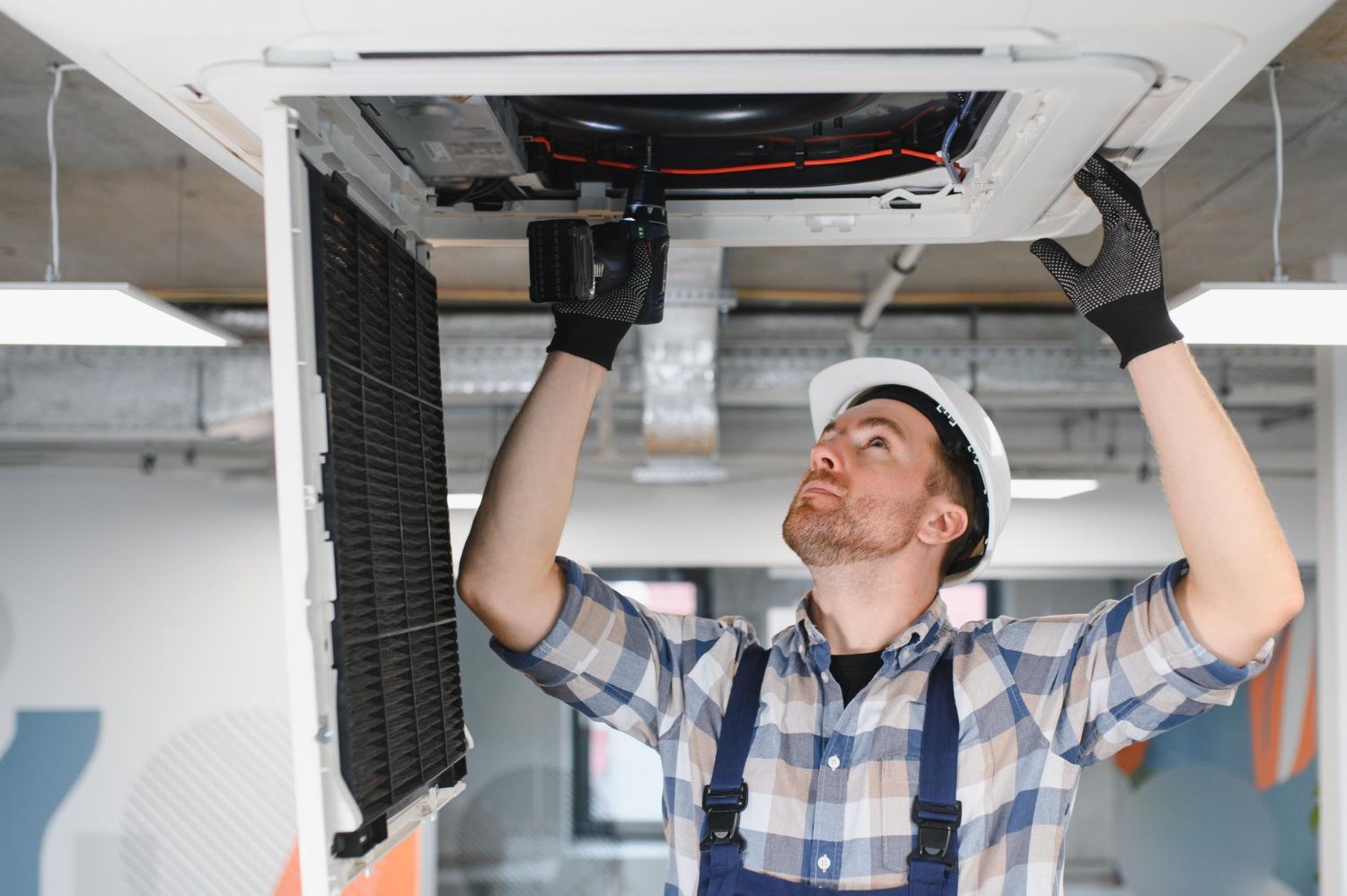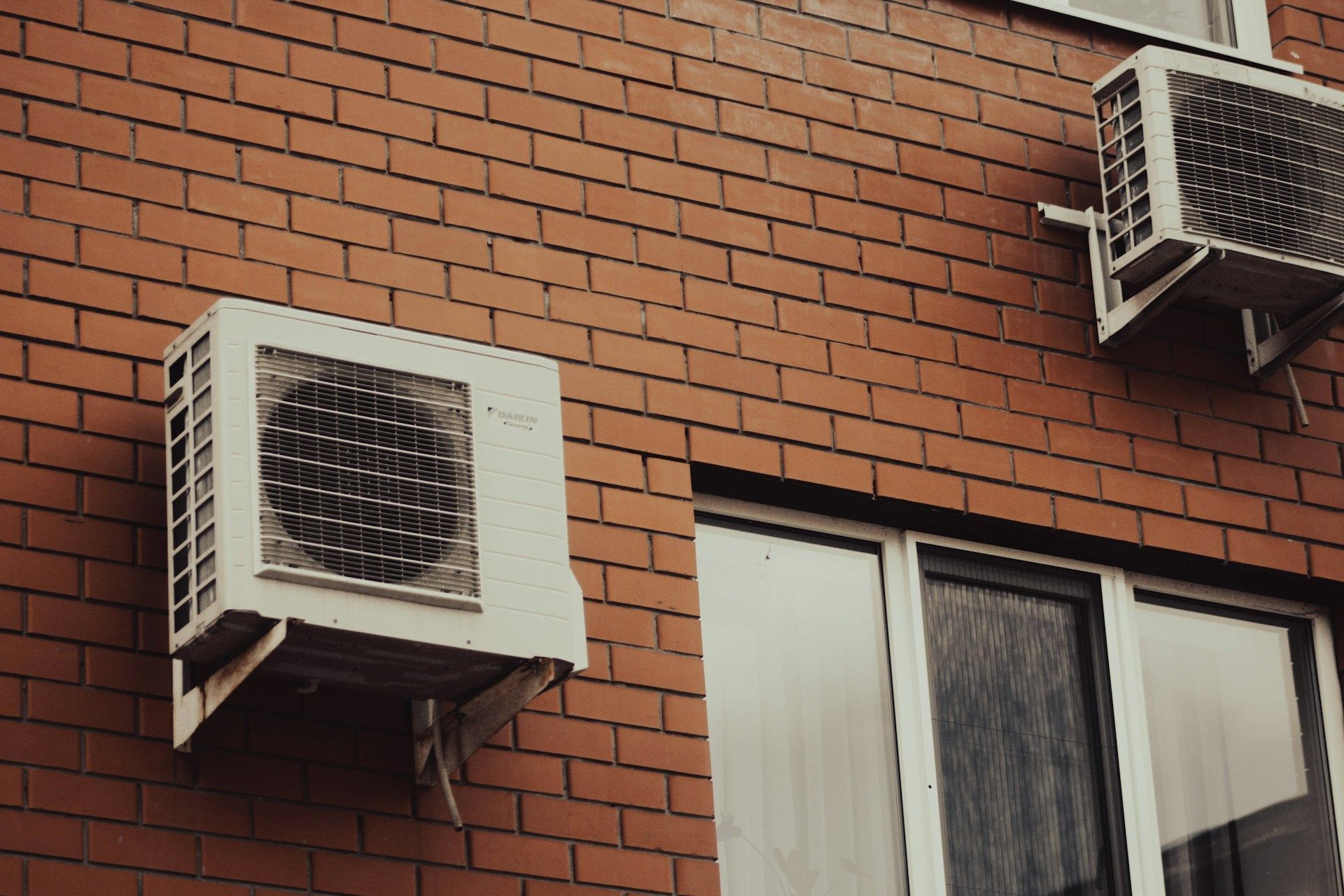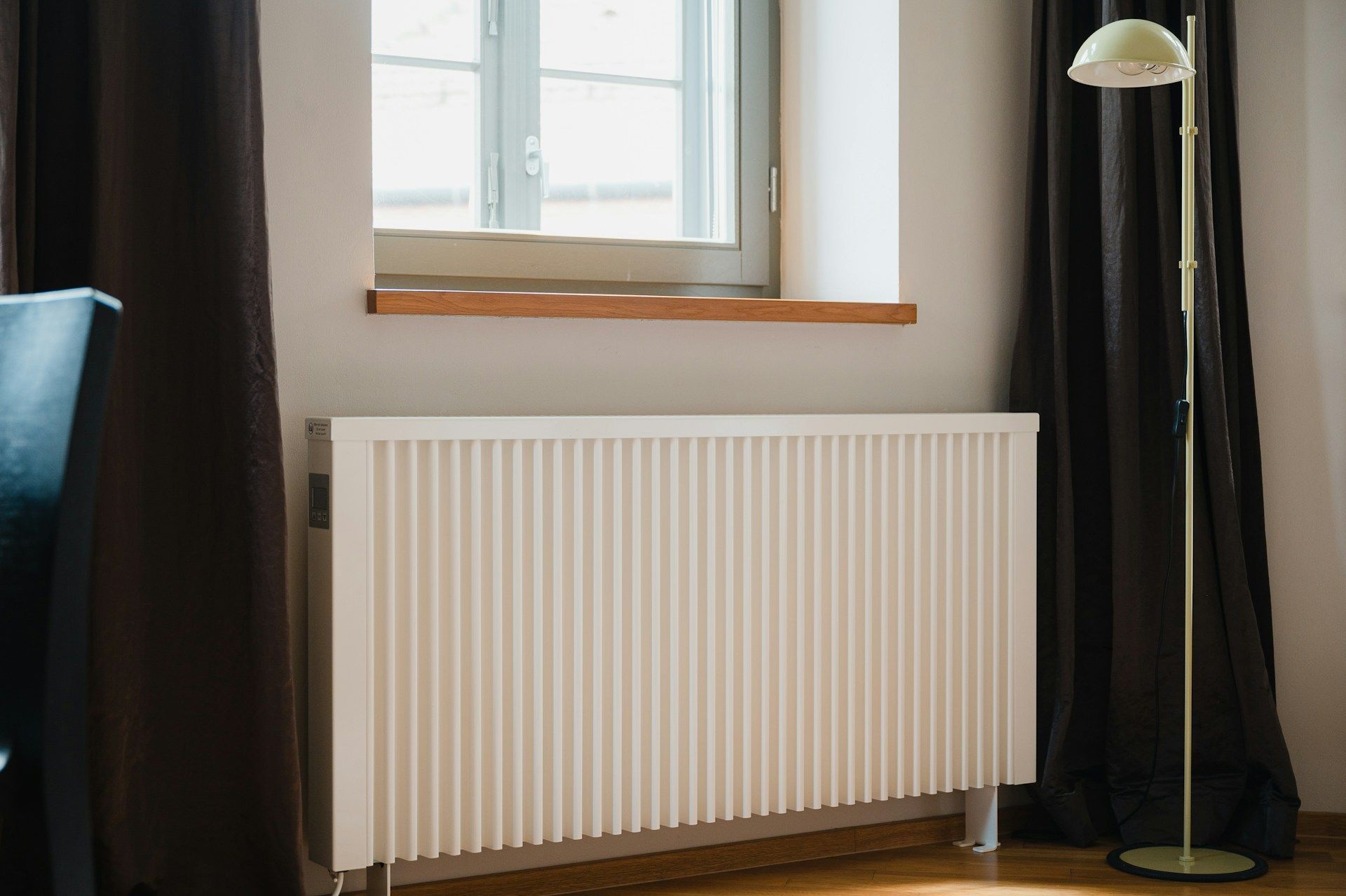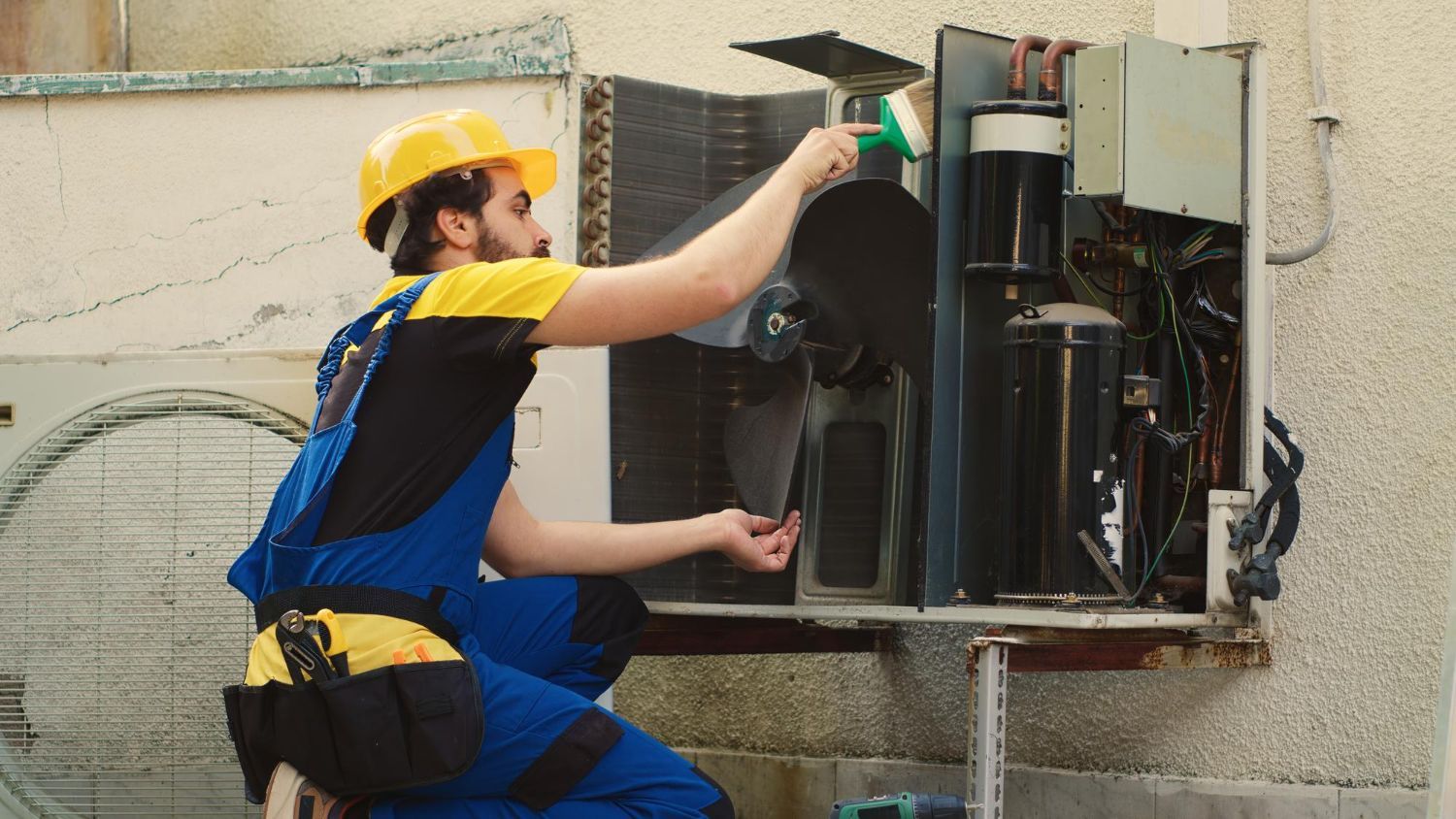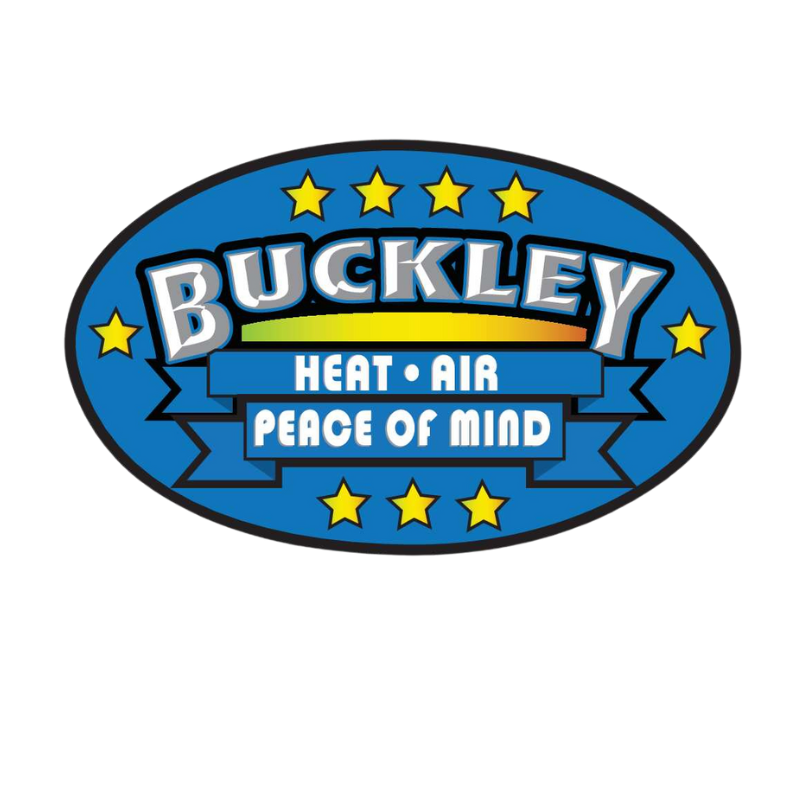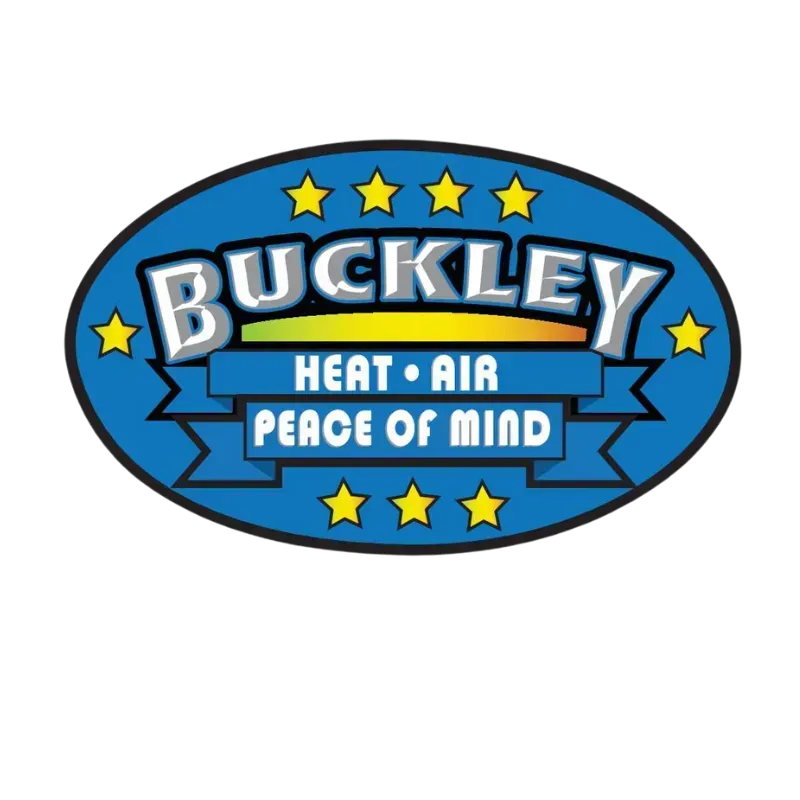Hiring the right heating and cooling contractor can make a big difference in how comfortable your home feels year-round. Whether dealing with an older HVAC unit or planning a system upgrade, the person you choose to handle the job affects everything from energy efficiency to system reliability. It's not just about getting the work done; it's about knowing the people behind that work have the skills, honesty, and experience to do it right.
With so many options, it helps to know what to ask before signing any service agreement. A few smart questions up front can save time, money, and stress later on. Below are some key areas to focus on when speaking with potential heating and cooling contractors. These questions can help you determine who’s a good fit and who might not be worth the risk.
Are You Licensed and Insured?
This should always be your first question. A licensed contractor has undergone the required training and passed the testing set by state or local agencies. That gives you basic proof they know what they’re doing. Insurance, on the other hand, protects both you and the contractor if something goes wrong during the job. If a technician gets injured or damages your property, insurance can keep you from dealing with unexpected costs or legal issues.
Here’s what to look at when checking credentials:
- Ask for their state license number and verify it on your local licensing board’s website
- Make sure they carry both liability insurance and workers’ compensation
- Confirm that the insurance is current (not expired)
- If they work for a larger company, double-check that the business itself is also insured
Skipping over this step can quickly lead to issues. For example, imagine your HVAC contractor getting injured and not having workers' comp. You could end up footing the bill. Or if they accidentally damage your ductwork and lack liability coverage, repairs could be on your dime. Always ask for proof and don’t accept vague answers or verbal assurance. It’s perfectly reasonable to want details regarding protecting your home.
What Experience Do You Have with My HVAC System?
Not all HVAC systems are built the same, and not all contractors are trained to handle every type. Asking about their experience tells you whether they’ve worked with your equipment before and how comfortable they are diagnosing and repairing those models. Some technicians specialize in heat pumps, others focus more on traditional central air systems, and newer tech like ductless mini-splits requires different skills.
To make sure you're hiring someone who knows their way around your setup, ask about:
- Experience with your specific brand or model
- Whether they’ve worked on similar homes (older homes can present unique HVAC challenges)
- Training or certifications that apply to your system type
- Whether they can offer recent references for similar work
For example, if you’re using a zoned system with multiple thermostats and dampers, not every contractor will have experience balancing airflow or troubleshooting zoning issues. A technician who’s only worked with basic split systems might still take the job, but run into roadblocks they aren’t equipped to handle. It’s better to know upfront and find someone who has tackled those challenges.
Taking the time to ask about their background with systems like yours can give you more confidence that the job will go smoothly and that repairs or replacements won’t just be guesswork. It also shows they're paying attention and not applying one-size-fits-all solutions to every home.
What Is Included in the Estimate?
Before agreeing to anything, get a complete and itemized estimate. A half-written number on a scrap piece of paper won’t help you if something gets missed, delayed, or miscommunicated. A good estimate should give you a clear picture of what’s included, how long the work will take, and whether anything could change the cost or scope of the job.
Here’s what to look for in a written estimate:
- Labor costs broken down by task or service
- Equipment and materials listed clearly with brand names and models
- Any potential extra charges, like permits, disposal fees, or rush orders
- Project timeline, including estimated start and finishing dates
- Warranty info and any service guarantees on labor or parts
Take the time to review and compare multiple estimates side by side. Don’t focus only on price. A lower cost might mean cheaper materials or shortcuts you’ll regret later. While asking for a better price is fine, use the estimate as a chance to ask questions. For example, if one bid looks oddly high or low, ask why. There could be a reasonable explanation, or it might signal a rushed quote without enough thought behind it.
One more tip: make sure you understand the terms before signing. There’s no shame in asking the contractor to walk you through the estimate line by line. Clear communication now can help you avoid bigger headaches down the line.
Do You Offer Maintenance Plans?
HVAC systems aren’t set-and-forget. They need regular care to keep them running smoothly. That’s where maintenance plans come in. Not every contractor offers one, but it’s smart to ask. Plans usually include annual checkups, filter replacements, cleaning, and overall system checks. The goal is to catch minor problems before they grow into bigger ones.
Here’s what a good maintenance plan should offer:
- Seasonal inspections before summer and winter
- Cleaning of system components like condenser coils and blowers
- Checking refrigerant levels and thermostat calibration
- Swapping out or cleaning air filters
- Lubricating moving parts and checking for wear
- Early warnings on potential system issues
- Priority scheduling if repairs are needed later
Think of it like taking care of your car. If it runs well, great. But skipping oil changes and tire rotations usually catches up to you. The same idea applies to your HVAC system. Skipping maintenance can lead to noisy operation, higher energy bills, or failure when your system’s working its hardest.
A solid service plan can also stretch the life of your heating and cooling system. And having trusted eyes on the equipment each year builds a relationship. When something eventually breaks, and it will, you’ll already be working with someone who knows your system’s history. That can speed things up and reduce guesswork.
Good Questions Lead to Better Results
Choosing someone to work on your HVAC system is a personal decision, even if it doesn't always seem like one. You’re letting someone into your home to work on something you depend on nearly daily. That’s reason enough to ask questions that dig deeper than how much it costs.
Licenses, insurance, experience, clarity, and ongoing support aren’t just boxes to check. They tell you whether a contractor takes the work seriously, values your home, and wants to earn your trust. It’s worth slowing down and asking these things up front.
With the right questions, you won’t just land on the first name that pops up online. You’ll find a team or just one tech that respects your home, time, and comfort. And when your system runs well through winter and summer, you’ll be glad you picked the right pro for the job.
If you're in Citrus Heights or nearby and need skilled professionals for your home's climate control needs, trust Buckley Heat Air. Our team of experienced
heating and cooling contractors is dedicated to keeping your HVAC systems running smoothly all year long. For reliable service or to discuss what you need, contact us today. We're here to help keep your home comfortable every season.
Be sure to download our
buyers guide when considering replacing your system.

